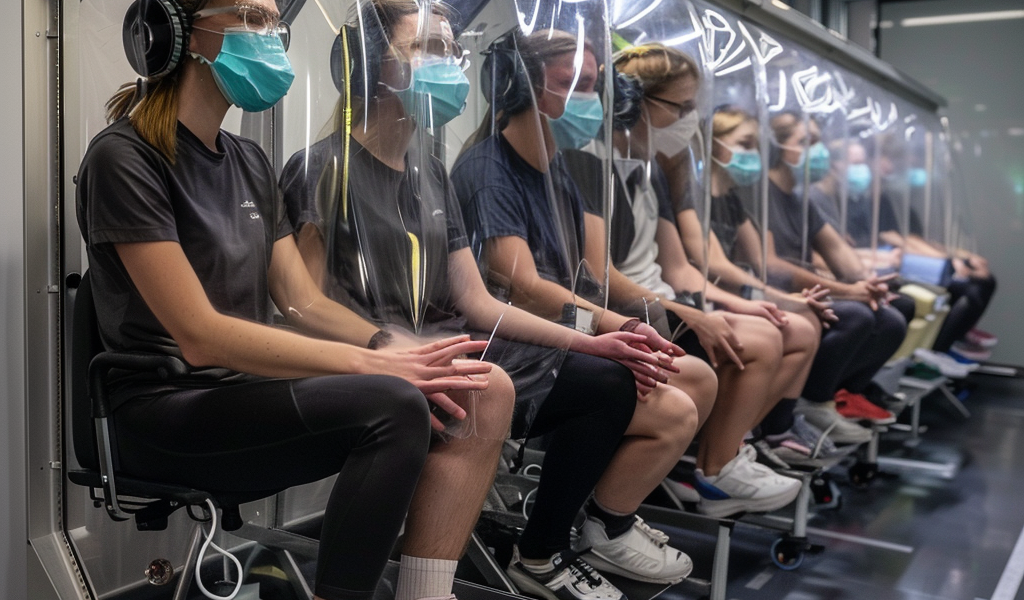Study Suggests Graphene Material Could Be Developed Further Without Acute Risk to Human Health
A revolutionary nanomaterial with huge potential to tackle multiple global challenges could be developed further without acute risk to human health, research suggests. The study, published in the journal Nature Nanotechnology, reveals that carefully controlled inhalation of a specific type of graphene has no short-term adverse effects on lung or cardiovascular function.
The first controlled exposure clinical trial in people was carried out using thin, ultra-pure graphene oxide—a water-compatible form of the material. The research, conducted by the Universities of Edinburgh and Manchester, indicates that this nanomaterial could be a game-changer in various fields.
Possible applications of graphene include electronics, phone screens, clothing, paints, and water purification. It is actively being explored for targeted therapeutics against cancer and other health conditions, as well as in the form of implantable devices and sensors. However, before medical use, all nanomaterials need to be rigorously tested for any potential adverse effects.
The study involved 14 volunteers who breathed the material through a face mask for two hours while cycling in a purpose-designed mobile exposure chamber. Effects on lung function, blood pressure, blood clotting, and inflammation in the blood were measured before the exposure and at two-hour intervals. The results showed no adverse effects on lung function, blood pressure, or the majority of other biological parameters tested.
While this research is promising, the team emphasizes the need for further work to determine the effects of higher doses of graphene oxide or other forms of graphene, as well as the potential risks of longer exposure to the material. This cautious approach is essential due to the surge of interest in developing graphene and its wide-ranging applications.
This groundbreaking study paves the way for the continued exploration and development of graphene-based solutions for global challenges, offering hope for advancements in various fields while prioritizing human health and safety.





